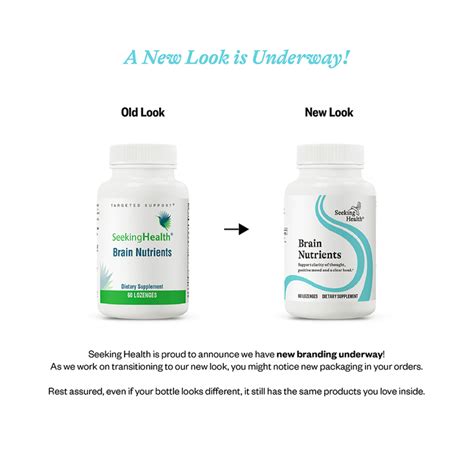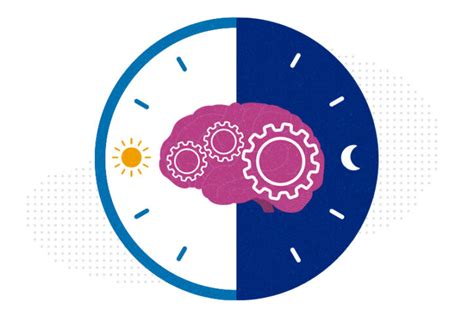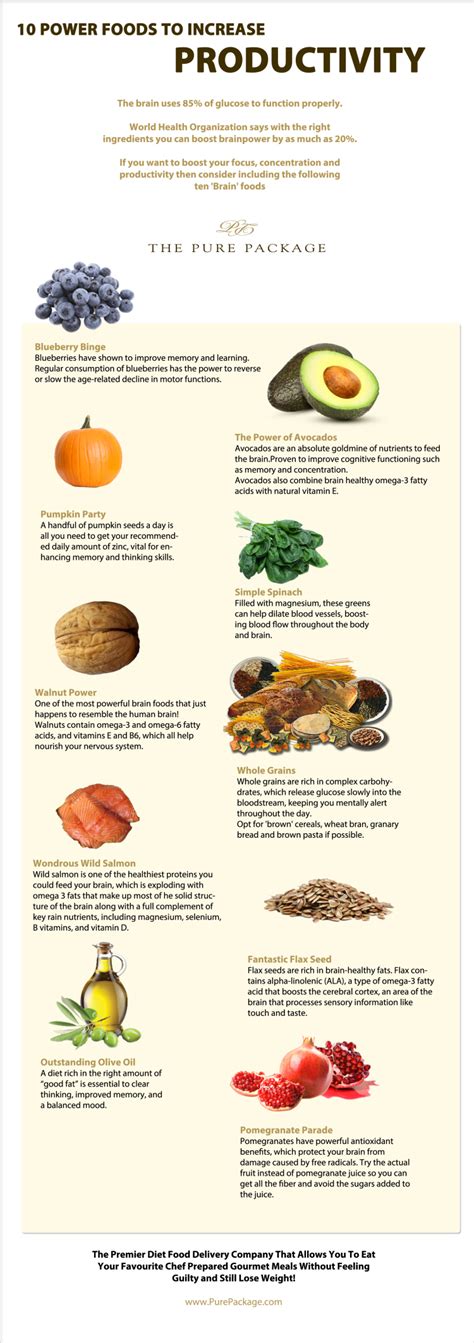Understanding the Circadian Clock and Cognitive Function
The human body operates on an intricate internal 24-hour cycle known as the circadian rhythm, a biological clock that governs virtually every physiological process, from sleep-wake cycles and hormone secretion to metabolism and cognitive function. For men, leveraging this innate rhythm through optimized fuel intake can be a powerful strategy for enhancing focus, memory, and overall mental acuity throughout the day. It’s not just about what you eat, but when you eat it, and in what proportions.

The Circadian Influence on Metabolism and Brain Health
Our internal clock dictates when our bodies are most efficient at processing nutrients. During the active phase (daylight hours), our digestive system is primed, insulin sensitivity is generally higher, and metabolic rate is more robust. Conversely, during the resting phase (night), digestive processes slow down, and consuming heavy meals can disrupt sleep and lead to metabolic dysregulation.
This rhythm directly impacts brain function. Cortisol, the “wake-up” hormone, peaks in the morning, promoting alertness, while melatonin, the sleep hormone, rises in the evening. Disrupting these natural hormonal cycles through mistimed eating can lead to energy crashes, brain fog, and reduced cognitive performance. Properly timed meals can support stable blood sugar levels, providing a consistent energy supply to the brain, which relies almost exclusively on glucose for fuel.
Optimal Timing for Cognitive Fuel
Breakfast: The Morning Ignition. Breaking the overnight fast with a nutrient-dense meal is critical. It replenishes glucose stores, kickstarting neurotransmitter production and setting the stage for mental alertness. Skipping breakfast can lead to impaired attention and problem-solving skills later in the morning.
Lunch: Sustaining Mid-Day Focus. A balanced lunch, ideally consumed around the peak of the day’s activity, prevents the dreaded afternoon slump. Avoiding overly heavy or highly processed meals at this time is key, as they can divert blood flow to the digestive system, away from the brain, inducing lethargy.

Dinner and Evening: Winding Down. As evening approaches, metabolism slows. A lighter, earlier dinner is generally recommended to support digestion and promote quality sleep. Eating a large, high-fat meal late at night can interfere with melatonin production and disrupt the sleep architecture essential for cognitive restoration.
Strategic Snacking: Bridging the Gaps. Small, nutrient-rich snacks between main meals can help stabilize blood sugar and prevent cognitive dips. Timing these snacks to anticipate potential energy lulls can maintain sustained focus and energy.
Macronutrient Composition for Peak Brain Performance
The type of fuel matters just as much as its timing. A balanced macronutrient approach, tailored to the circadian rhythm, optimizes brain function:
- Complex Carbohydrates: These are the brain’s preferred fuel source, providing a steady release of glucose. Whole grains (oats, quinoa, brown rice), fruits, and vegetables should be prioritized, especially earlier in the day when the body is more insulin-sensitive. Simple sugars, while providing a quick burst, often lead to rapid crashes and impaired focus.
- Lean Proteins: Essential for neurotransmitter synthesis (e.g., dopamine, norepinephrine, serotonin) that regulate mood, focus, and memory. Include sources like chicken, fish, eggs, legumes, and nuts at every meal to ensure a sustained supply of amino acids. Protein also contributes to satiety, preventing overeating.
- Healthy Fats: Crucial for brain structure and function. Omega-3 fatty acids (found in fatty fish, flaxseeds, walnuts) are particularly important for neuronal health, memory, and anti-inflammatory effects. Incorporate avocados, nuts, seeds, and olive oil throughout the day, being mindful of portion sizes.
- Hydration: Often overlooked, adequate water intake is paramount for cognitive function. Even mild dehydration can impair concentration, mood, and memory.

Practical Strategies for Men
To align your fuel intake with your circadian rhythm for optimal cognitive performance:
- Consistency is Key: Try to eat your main meals around the same time each day to help reinforce your body’s internal clock.
- Prioritize Breakfast: Make it a balanced meal with complex carbs, protein, and healthy fats.
- Lighter Evenings: Aim for a dinner that is easier to digest and consume it a few hours before bedtime.
- Balance Macros: Ensure each meal and snack contains a mix of complex carbohydrates, lean protein, and healthy fats.
- Stay Hydrated: Drink water consistently throughout the day.
- Listen to Your Body: Pay attention to how different foods and timings affect your energy levels and cognitive clarity.

Conclusion: Fueling Your Inner Clock for Peak Performance
The intricate dance between our circadian rhythm and our dietary choices profoundly influences men’s cognitive performance. By strategically timing meals and optimizing macronutrient composition, we can provide the brain with a consistent, high-quality fuel supply that supports alertness, focus, and memory throughout the day. Embracing a nutrition strategy that works in harmony with our body’s natural rhythms is not just about physical health, but a cornerstone for sustained mental prowess and overall well-being.





